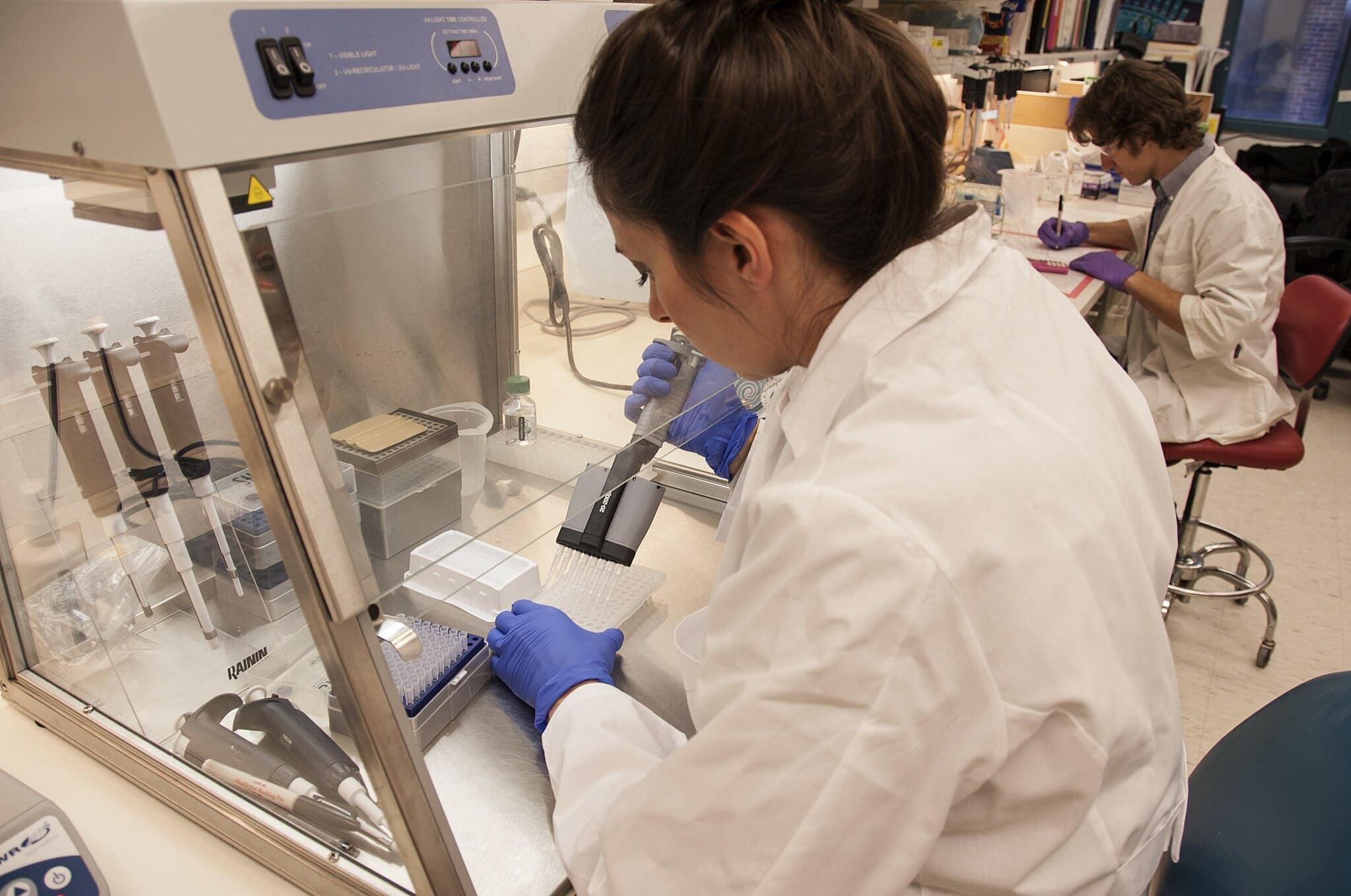

Scientists have taken a major step toward a future where lost human teeth could be naturally replaced; not by implants or fillings but through natural regeneration.
Researchers at King’s College London have successfully grown a human tooth in laboratory conditions, marking a breakthrough in regenerative dental research.
Unlike many animals, humans cannot regrow adult teeth once they fall out. However, this new development may change that.
Dr. Ana Angelova-Volponi, director of regenerative dentistry at King’s College, said her interest in biological tooth replacement led her to the project. “This idea of replacing the tooth in a biological way by regrowing it, drew me to London and to King’s,” she said. “By growing a tooth in a dish, we are really filling in the gaps of knowledge.”
The desire for a perfect smile has fueled the demand for braces and implants, but these options are not without complications. Implants, for example, require surgery and rely on strong bone support. They can also carry risks of rejection or infection.
“Implants require invasive surgery and a good combination of implants and alveolar bone,” said Xuechen Zhang, a final-year Ph.D. student at the university’s Faculty of Dentistry.
“Lab-grown teeth would naturally regenerate, integrating into the jaw as real teeth. They would be stronger, longer lasting, and free from rejection risks, offering a more durable and biologically compatible solution than fillings or implants.”
Working with scientists from Imperial College London, the team developed a unique material that allows cells to communicate with one another. This breakthrough means one cell can signal another to start transforming into a tooth cell, closely mimicking how teeth develop inside the human body.
The team is now focusing on how to move from lab success to patient treatment. Two options are being explored: transplanting young tooth cells into the space in the mouth and letting them grow naturally, or possibly growing a complete tooth in the lab and then implanting it. Both methods begin with work done in the lab.
Although lab-grown teeth are not yet ready for use in patients, experts say it could pave the way for future treatments that allow people to regrow real, living teeth. Researchers say the next challenge will be ensuring these teeth grow safely and effectively inside the human mouth, which could still take many years to perfect.
Poor oral health can lead to problems with eating, speaking, and social confidence. Serious health issues can also occur if bacteria from the mouth spread to the bloodstream. Older adults are especially vulnerable. UK health data indicates that over half of elderly people in care homes have untreated tooth decay.
“This new technology of regrowing teeth is very exciting and could be a game-changer for dentists,” said Saoirse O’Toole, a clinical lecturer in prosthodontics at King’s. “Will it come in my lifetime of practice? Possibly. In my children’s dental lifetimes? Maybe. But in my children’s children’s lifetimes, hopefully.”
